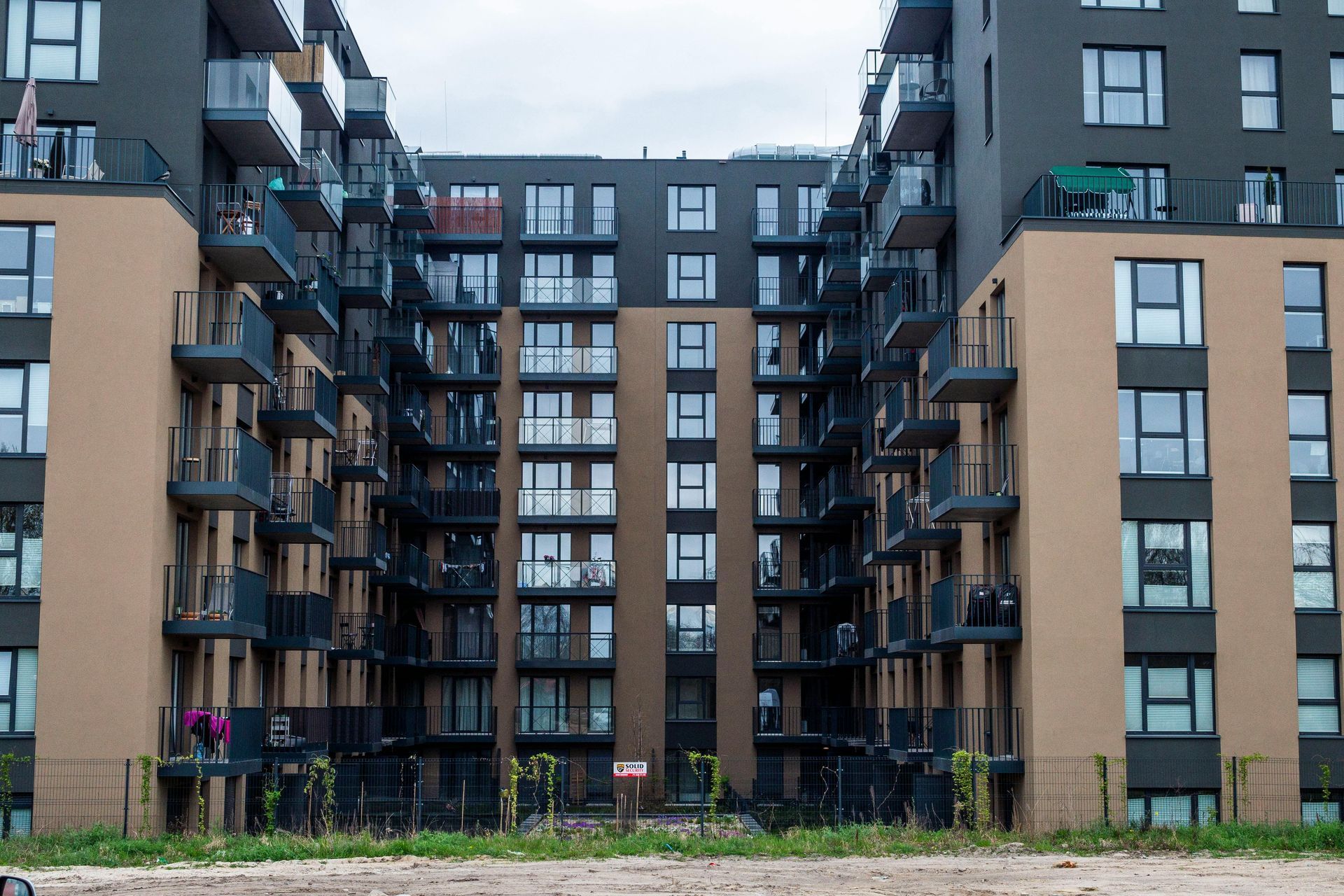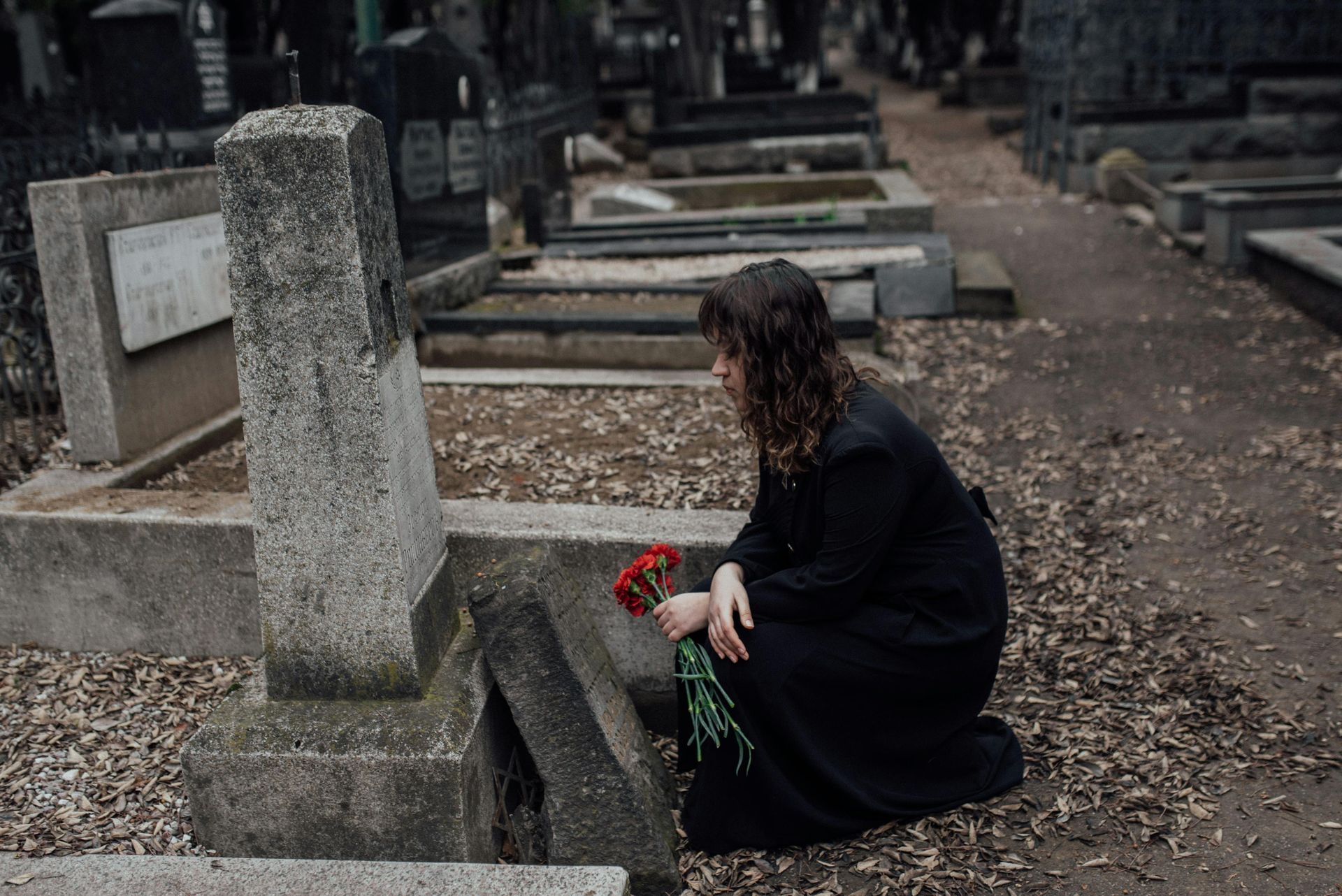The Ryan and Jacqui MAFS Saga: A Cautionary Tale of Private AVOs

For many of us, reality TV offers a glimpse into lives far removed from our own, often filled with drama, romance, and sometimes, unexpected legal entanglements. Remember Ryan and Jacqui from Married At First Sight (MAFS) Season 5? Their tumultuous relationship, which began with high hopes and ended in a bitter public feud, highlighted a lesser-known but significant aspect of Australian law: the private Apprehended Violence Order (AVO).
While AVOs are often associated with police involvement in domestic violence situations, the MAFS saga brought to light that individuals can apply for an AVO themselves – a "private AVO." This can happen when someone fears another person will commit a personal violence offence against them, or against someone they have a domestic relationship with (e.g., a child).
What is a Private AVO?
An Apprehended Violence Order is a court order designed to protect a person from another person. It prohibits the defendant (the person against whom the order is made) from certain behaviours, such as:
- Assaulting, threatening, stalking, harassing, or intimidating the protected person.
- Intentionally or recklessly destroying or damaging any property belonging to the protected person.
- Approaching the protected person within a certain distance (e.g., 50 meters).
- Contacting the protected person by any means.
- Residing with the protected person.
The "private" aspect simply means the application for the AVO is made directly by the person seeking protection, rather than by the police.
The Ryan and Jacqui Connection
While we won't delve into the specifics of their personal dispute, the MAFS narrative saw Ryan subsequently apply for a private AVO against Jacqui. This publicised event served as a stark reminder that even in the absence of police intervention, individuals can, and do, seek legal protection through the court system.
The MAFS case illustrated several key points about private AVOs:
- Accessibility: Anyone who meets the legal criteria can apply for a private AVO. You don't need police involvement to initiate the process.
- Seriousness: Regardless of how the application begins, an AVO is a serious legal matter with significant consequences if breached. A breach of an AVO is a criminal offence.
- Complexity: Navigating the court system to obtain or defend against an AVO can be complex. It involves presenting evidence, understanding legal procedures, and often, dealing with highly emotional circumstances.
When Might You Need to Consider a Private AVO?
While police-initiated AVOs are crucial in many domestic violence situations, a private AVO might be appropriate if:
- You are experiencing fear for your safety or the safety of someone you have a domestic relationship with, but the police are not involved or you prefer to seek legal recourse independently.
- You are experiencing harassment, stalking, or threats from someone who is not a domestic partner but still poses a risk.
- You have concerns about your safety in a situation that doesn't necessarily involve physical violence but still causes you significant fear or distress.
Are You Facing an AVO Application, or Considering One?
The Ryan and Jacqui saga underscores that private AVOs are a real and often necessary legal tool. However, whether you are the person seeking protection or the person against whom an AVO is being sought, understanding your rights and obligations is paramount. The legal process can be daunting, and the implications of an AVO – whether granted or dismissed – can be far-reaching.
If you are concerned about your safety, considering applying for a private AVO, or have been served with an AVO application, it is crucial to seek expert legal advice. Our experienced team can guide you through the process, explain your options, and represent your interests to ensure the best possible outcome. Don't navigate these complex waters alone. Contact us today for a confidential consultation.

Senior Solicitor
Email: kristen@hntlegal.com.au
Author
List of Services
-
Matthew HammondMatthew Hammond Matthew Hammond
-
Vivian NguyenVivian Nguyen Vivian Nguyen
-
Maria ValenzuelaMaria Valenzuela Maria Valenzuela
-
David CleverleyDavid Cleverley David Cleverley
-
Peter MorrisPeter Morris Peter Morris
-
Andrew PaciniAndrew Pacini Andrew Pacini
-
Marie-Cecilia FerreiraMarie-Cecilia Ferreira Marie-Cecilia Ferreira
-
Jabour HaddadJabour Haddad Jabour Haddad
-
Razeeha ReillyRazeeha Reilly Razeeha Reilly
-
Jack DunnJack Dunn Jack Dunn
-
Melanie KorialMelanie Korial Melanie Korial
-
Mahdi RahimzadaMahdi Rahimzada Mahdi Rahimzada
-
Albert ThaiAlbert Thai Albert Thai
-
Martin AbdelsayedMartin Abdelsayed Martin Abdelsayed
-
Rachel SiewRachel Siew Rachel Siew
-
Jamie-Lee MerhiJamie-Lee Merhi Jamie-Lee Merhi
-
Lina VoLina Vo Lina Vo
-
Georgia MoaitGeorgia Moait Georgia Moait
-
Sarah FoddaSarah Fodda Sarah Fodda
-
Alessia GiglioAlessia Giglio Alessia Giglio
-
Alexander BatshonAlexander Batshon Alexander Batshon
-
Andre BarkhoAndre Barkho Andre Barkho
-
Gauri KoteraGauri Kotera Gauri Kotera
-
Bridgette EdmundsBridgette Edmunds Bridgette Edmunds
-
Michelle GalaritaMichelle Galarita Michelle Galarita
-
Bea OctavaBea Octava Bea Octava
-
Liber ReboquioLiber Reboquio Liber Reboquio
-
Jing DyJing Dy Jing Dy
Share to










